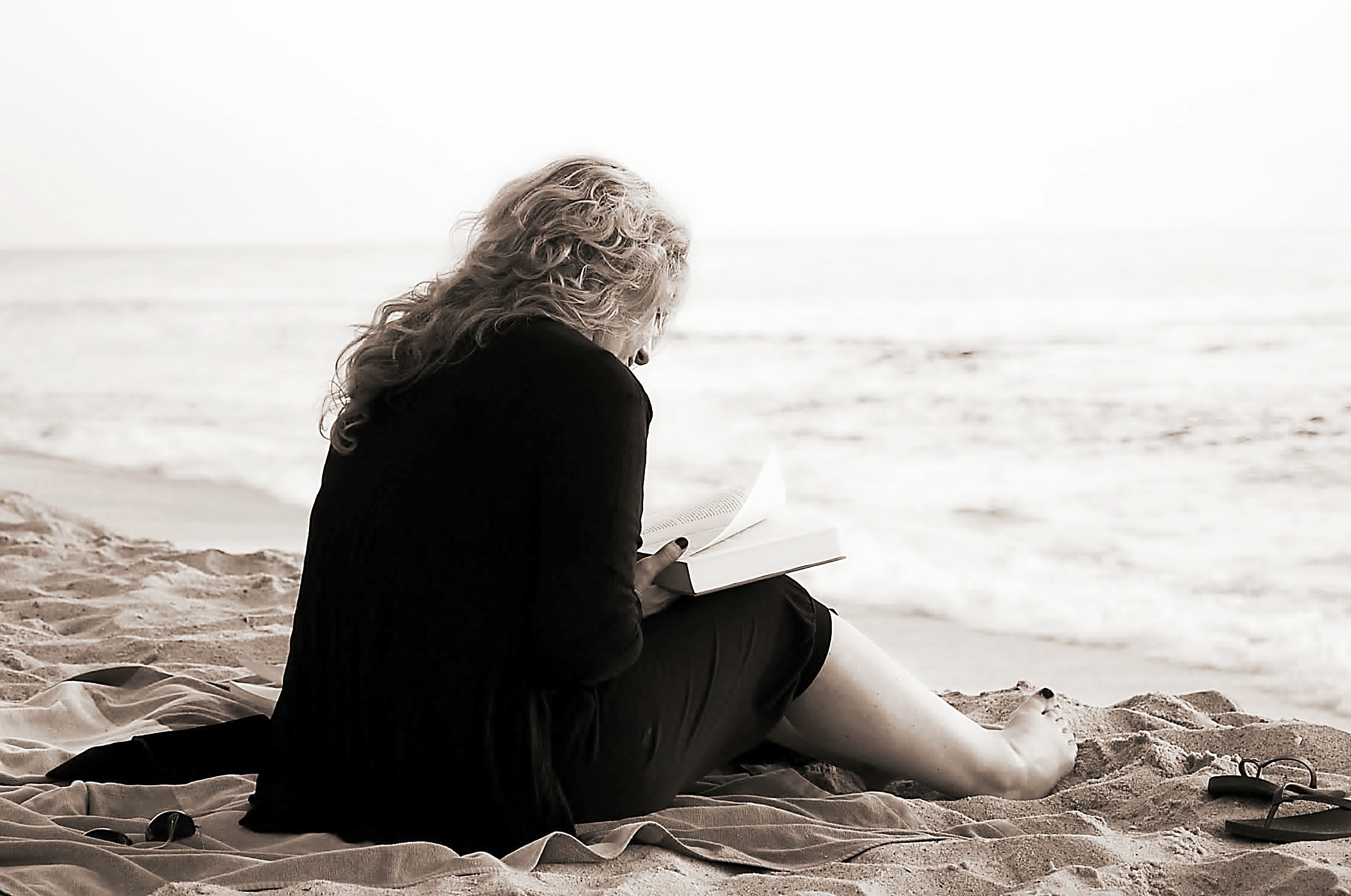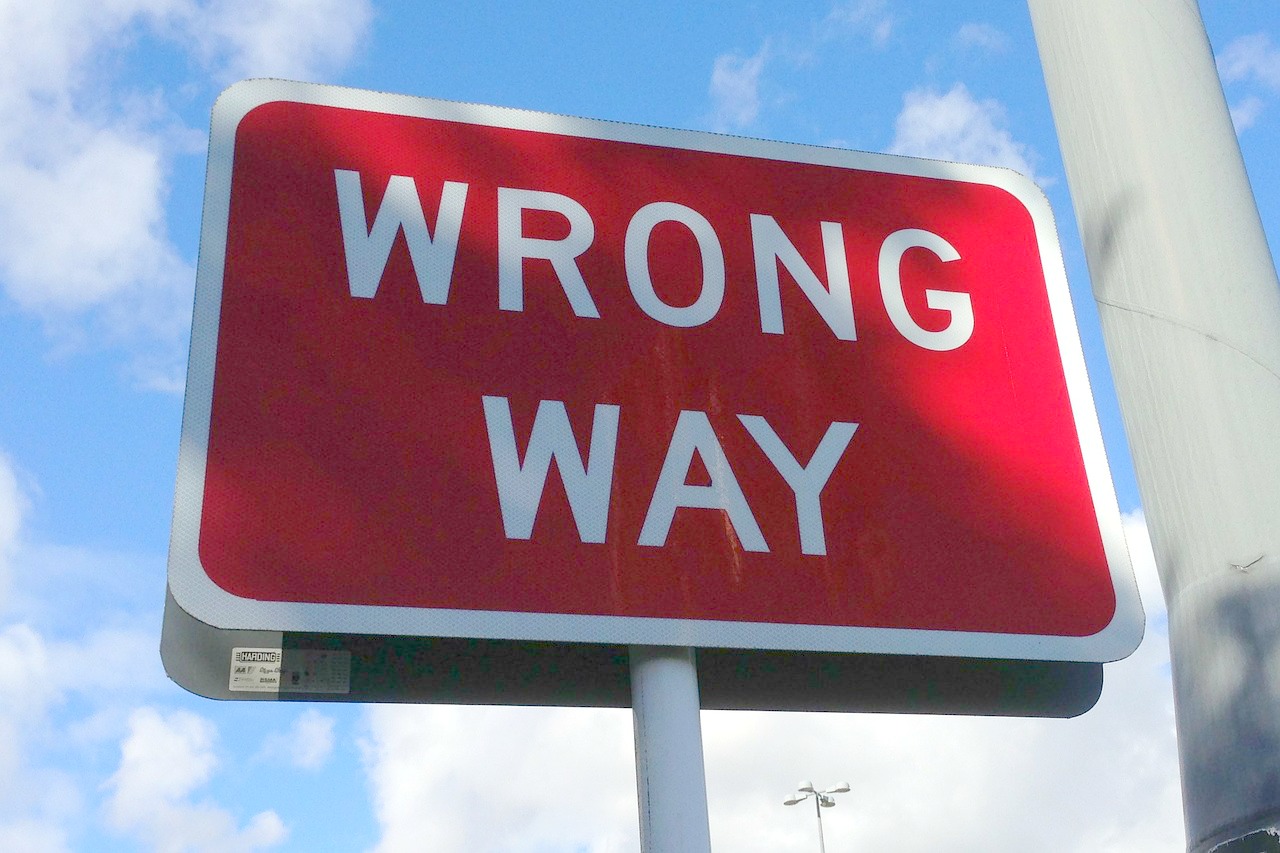Note: I didn’t finish reading this book–according to my Kindle, I got through 47%. This review will be focused on the portion I did read and the reasons why I stopped.
Now that semester grades have been turned in, I’ve found myself putting together my summer reading list. At the top of that list was Elizabeth Gilbert’s Big Magic: Creative Living Beyond Fear. I was so excited by that title that I bought the book the moment I came across it and actually couldn’t wait until the official start of summer to dive in. I’d enjoyed reading Eat, Pray, Love, so I anticipated enjoying this book even more.
Sadly, I knew fairly early on that this would be a book I’d struggle to keep reading. I rarely ever give up on a book altogether but, as I noted at the top of this post, eventually I did give up on Big Magic.
Why, you ask? To begin with, Gilbert’s voice in this book is just unbearably cheesy. An example: “The universe buries strange jewels deep within us all, and then stands back to see if we can find them. The hunt to uncover those jewels–that’s creative living.” While I absolutely agree there are parts of the creative process which can’t be explained in any logical way, this image of creativity as some sort of internal Easter egg hunt was the first sign for me that this book was headed in a direction I really didn’t want to follow.
Make no mistake, I’m all in favor of exploring the nature of creativity. Gilbert writes “when I refer to ‘creative living’ . . . I’m talking about a life that is driven more strongly by curiosity than by fear,” and at this point I was nodding my head. When she describes fear and creativity as “conjoined twins”–the idea being that it’s impossible to do something creative without the fear that you’re doing it wrong, no one will like it, someone is going to make fun of it–well, I got a little teary. It was nice to know that other people struggle with this kind of insecurity. Even an author who’s had a pretty hefty measure of success.
But throughout the book, Gilbert writes with a strong tone of judgement and disdain that seems entirely out of place. An anti-intellectual section of her book argues that university degrees in creative writing are useless, for instance. In spite of the fact that she assures the reader that she’s not against education, her tone suggests otherwise. Gilbert writes, “Here’s what I did in my twenties, rather than going to school for writing: I got a job as a waitress at a diner. Later I became a bartender . . . I lived in cheap apartments, had no car, and wore thrift-shop clothes. I would work every shift, save all my money, and then go off traveling for a while to learn things. I wanted to meet people, and to hear their stories.”
In other words, she lived the life of a struggling writer. Because that’s the way to learn how to write–you certainly can’t “meet people” or “hear their stories” while you’re in graduate school, undertaking the study of writing. It’s a specious argument I’ve heard a hundred times, that”life experience” is somehow superior to formal education, but I was surprised and disappointed to come across it here.
I do understand Gilbert’s contention that writers don’t need degrees to be creative, and I agree with her on that point; there were talented writers long before there were university programs in creative writing, after all. But Gilbert actually argues that education is fundamentally pointless, writing “You can do this stuff yourself, people!” And it’s true, you can read on your own. You can gather a group of writer-friends, create deadlines you’ll all respect, critique each others’ work.
You can do all of these things if you have access to a good public library, or the disposable income required for buying books (without the assistance of student loans.) If you’ve had the kind of education that teaches you how to read critically and well without guidance. If you’re lucky enough to live in a large city near lots of people who like to read and write. If those people know how to offer a useful critique of someone’s writing (which, generally speaking, means those people have a college education.) If those people don’t mind meeting in places that are accessible to you, should you have mobility issues.
Gilbert never addresses any of these ifs. Underlying everything she writes about “creative living” is our sense of the author as a person who moves easily through the world, collecting stories and life experiences she can then channel onto to the page and shape. The ability to engage the world in this way has a great deal to do with the fact that Gilbert is white, well-educated, and able-bodied, among many other things–but she never once acknowledges this.
I kept reading past this section of the book, though. It annoyed me, but it was nothing new. The moment when I did turn off my Kindle and set this book aside came right after reading these lines:
“Are you one of those people who believe that the arts are the most serious and important thing in the world? If so, my friend, then you and I must part ways right here.”
I started my life as a working class kid in a small town in the Pacific Northwest, several hours away from any major city, raised by parents who didn’t read for pleasure. The Boise Public Library–and, more specifically, its Bookmobile–were my lifelines: they let me know there was a larger world that I could aspire to be part of, that I could dream bigger than the city limits and create a different life for myself.
So yes, I believe the arts are extremely serious and important. They saved my life. I would not be who I am today without books and their writers. While I understand that the arts might seem entirely extraneous to someone who’s lucky enough to have had a rich and fulfilling life without them, I decided to follow Gilbert’s advice at this point: I parted ways with Big Magic.
I really wanted to love this book, and I do think it has good things to say about the importance of being creative in spite of the fear we’re bound to feel while we’re doing that. A quick look at Goodreads suggests some readers shared my concerns about this book, but others had more positive responses. So I wouldn’t dissuade potential readers, though I would recommend listening to Gilbert’s TED Talk on Your Elusive Creative Genius more highly than I can recommend reading this book.





6 Comments
I am a fan of Gilbert’s Eat Pray Love, and “Big Magic” has been on my list to read. I really appreciated your honest review! I agree with you about the importance of “the arts” as books and theater has truly changed my life . . . helping me grow from an introverted shy gal to an articulate outgoing woman. Your candidness rocks . . . as there have been times when for me too when I have needed to walk away from certain books. I love your blog!
Thanks, Aarika! I really, really wanted to like this book–but in the end, I had to admit that I liked the general idea of this book more than the specific book itself.
I appreciate your honest review and that you even said at first that you did not finish the book. I have yet to even buy this one so maybe I will borrow it instead and see what I think.
I debated whether to review this one at all, since I didn’t finish it–but the review felt necessary to me, given that the title of the book is so closely aligned with my focus here.
I’m always tempted by Elizabeth Gilbert books, but then I always end up disappointed. She’s just…well, a pretty full of herself. And–as you say–quite unaware of her own privilege. Thanks for saving me the trouble of tracking this one down.
I do think the TED Talk is worth a listen, if being creative (as a concept) is something you’re interested in. I’m just clearly not the right audience for this book.